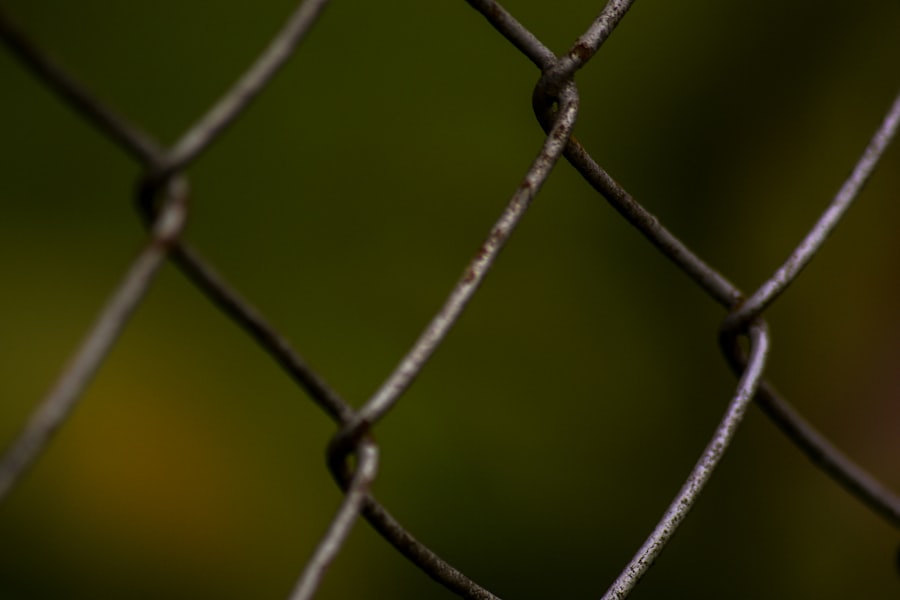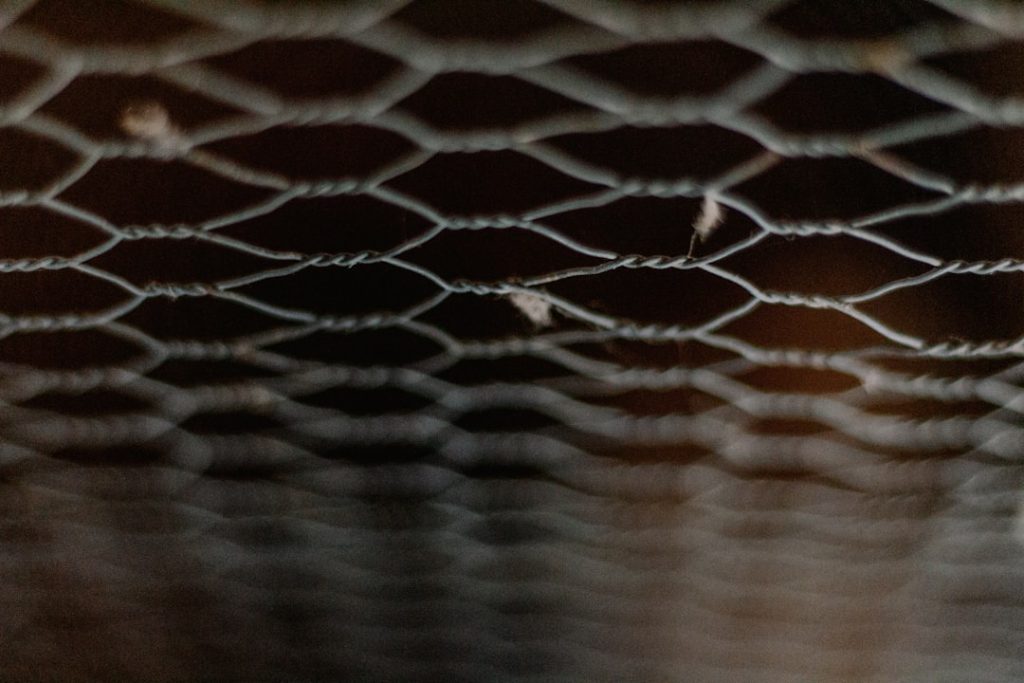Chickens are naturally inquisitive and foraging birds with a strong instinct to search for food. They constantly peck and scratch the ground, seeking insects, seeds, and other edible items. This behavior often leads them to explore gardens, where they may consume flowers and other plants.
Chickens also have an innate need to dust bathe, which involves creating shallow depressions in loose soil or dust to roll in. These natural behaviors are important to consider when developing strategies to protect gardens while still allowing chickens to express their instincts. As social animals, chickens enjoy interacting with their flock members and exploring their environment.
They benefit from routine and purposeful activities that provide mental and physical stimulation. Foraging for food and engaging in other stimulating activities are essential for their well-being. Understanding these natural behaviors and instincts is crucial for creating an enriching environment for chickens while simultaneously safeguarding gardens from their foraging habits.
Table of Contents
- 1 Choosing chicken-friendly flowers for your garden
- 2 Creating physical barriers to protect your flowers
- 3 Providing alternative sources of entertainment and nutrition for your chickens
- 4 Implementing deterrents to discourage chickens from eating flowers
- 5 Training and redirecting your chickens’ behavior
- 6 Seeking professional advice for more advanced solutions
- 7 FAQs
- 7.1 What are some natural ways to keep chickens from eating flowers?
- 7.2 What are some chicken-resistant flowers that can be planted in the garden?
- 7.3 How can I create a designated area for my chickens to roam and forage to prevent them from eating flowers?
- 7.4 Are there any plants or flowers that are toxic to chickens and should be avoided in the garden?
- 7.5 What are some alternative sources of food and entertainment that can be provided to chickens to prevent them from eating flowers?
Key Takeaways
- Chickens have natural instincts to scratch, peck, and forage for food, so understanding their behavior is important in protecting your garden.
- Choose chicken-friendly flowers such as marigolds, sunflowers, and nasturtiums that are safe for chickens to be around and may even provide some nutritional benefits.
- Create physical barriers such as fences, raised beds, or chicken wire to protect your flowers from being damaged by chickens.
- Provide alternative sources of entertainment and nutrition for your chickens, such as hanging treats or setting up a designated foraging area.
- Implement deterrents like sprinklers, motion-activated noise makers, or natural repellents to discourage chickens from eating your flowers.
- Train and redirect your chickens’ behavior by using positive reinforcement and providing distractions to keep them away from your garden.
- Seek professional advice for more advanced solutions such as installing automatic doors or using electronic fencing to keep chickens out of certain areas.
Choosing chicken-friendly flowers for your garden
Chicken-Friendly Flowers
Marigolds, sunflowers, nasturtiums, and pansies are all examples of flowers that are safe for chickens to be around. These flowers not only add beauty to your garden but also provide a safe and enjoyable environment for your chickens to roam.
Designing a Chicken-Friendly Garden
In addition to choosing chicken-friendly flowers, it’s important to consider the layout of your garden. Creating designated areas for your chickens to roam and forage can help minimize their impact on your flower beds.
Creating Harmony in Your Garden
By strategically planting chicken-friendly flowers in areas where your chickens are allowed to roam, you can create a harmonious balance between your garden and your feathered friends.
Creating physical barriers to protect your flowers

One effective way to protect your flowers from your chickens is to create physical barriers that prevent them from accessing certain areas of your garden. Fencing off flower beds or using chicken wire to create enclosures around delicate plants can help keep your flowers safe from curious beaks and scratching claws. Additionally, using raised beds or containers for your flowers can make it more difficult for chickens to access them, while still allowing you to enjoy a beautiful garden.
Another option is to create pathways or designated areas for your chickens to roam, keeping them away from your flower beds. By creating clear boundaries and pathways, you can guide your chickens away from delicate plants and towards areas where they are free to forage without causing damage to your garden. These physical barriers not only protect your flowers but also provide a safe and enriching environment for your chickens to explore.
Providing alternative sources of entertainment and nutrition for your chickens
To prevent your chickens from turning to your flowers for entertainment and nutrition, it’s important to provide them with alternative sources of stimulation and food. Scatter feeding, where you spread their feed across the ground, can mimic their natural foraging behavior and keep them occupied. Additionally, providing them with toys such as hanging treats or puzzle feeders can keep them mentally engaged and less likely to turn to your flowers for entertainment.
In terms of nutrition, ensuring that your chickens have access to a balanced diet that meets their nutritional needs is crucial in preventing them from seeking out alternative food sources in your garden. Providing them with a variety of greens, fruits, and vegetables can help satisfy their natural foraging instincts while keeping them away from your flowers. By meeting their physical and mental needs, you can reduce the likelihood of them turning to your garden for entertainment and nutrition.
Implementing deterrents to discourage chickens from eating flowers
There are several deterrents that can be used to discourage chickens from eating your flowers. One option is to use natural repellents such as citrus peels or garlic spray, which can be placed around flower beds to deter chickens with their strong scents. Another option is to use physical barriers such as netting or cloches to protect individual plants from being pecked at by curious chickens.
Additionally, using motion-activated sprinklers or noise-making devices can startle chickens when they approach flower beds, teaching them to associate those areas with discomfort and discouraging them from returning. By implementing these deterrents, you can effectively protect your flowers while teaching your chickens to avoid certain areas of your garden.
Training and redirecting your chickens’ behavior

Positive Reinforcement Techniques
Training and redirecting your chickens’ behavior can be an effective long-term solution for preventing them from eating your flowers. By using positive reinforcement techniques such as rewards and praise, you can teach your chickens to avoid certain areas of your garden and focus on alternative activities. For example, by rewarding them with treats when they stay within designated areas or engage in specific behaviors, you can encourage them to exhibit more desirable behaviors while discouraging destructive ones.
Alternative Activities for Chickens
Redirecting their behavior by providing them with alternative activities such as dust bathing areas, designated foraging spots, or interactive toys can also help keep them occupied and less likely to turn to your flowers for entertainment.
Consistent Reinforcement for Success
By consistently reinforcing positive behaviors and providing engaging alternatives, you can effectively train and redirect your chickens’ behavior away from your flowers.
Seeking professional advice for more advanced solutions
If you’re struggling to protect your flowers from your chickens despite trying various methods, it may be beneficial to seek professional advice from a poultry expert or animal behaviorist. These professionals can provide personalized guidance based on the specific needs and behaviors of your chickens, helping you develop more advanced solutions tailored to your unique situation. Professional advice may include recommendations for environmental enrichment, behavioral training techniques, or advanced deterrent methods that are specifically tailored to address the challenges you’re facing with your chickens and your garden.
By seeking professional advice, you can gain valuable insights and support in finding effective long-term solutions that promote harmony between your garden and your feathered friends.
If you’re looking for tips on how to keep chickens from eating your flowers, you might also be interested in learning about the best practices for building a chicken coop. Check out this article on how to build a Hannah Montana chicken coop for some helpful insights on creating a safe and comfortable space for your feathered friends.
FAQs
What are some natural ways to keep chickens from eating flowers?
Some natural ways to keep chickens from eating flowers include using physical barriers such as fencing or netting, planting chicken-resistant flowers, using chicken repellent sprays, and providing alternative sources of food and entertainment for the chickens.
What are some chicken-resistant flowers that can be planted in the garden?
Some chicken-resistant flowers that can be planted in the garden include marigolds, lavender, daffodils, snapdragons, and sunflowers. These flowers have strong scents or tastes that deter chickens from eating them.
How can I create a designated area for my chickens to roam and forage to prevent them from eating flowers?
You can create a designated area for your chickens to roam and forage by using chicken wire or electric fencing to section off a specific area of your garden. This will allow the chickens to forage for insects and plants without having access to your flower beds.
Are there any plants or flowers that are toxic to chickens and should be avoided in the garden?
Yes, there are several plants and flowers that are toxic to chickens and should be avoided in the garden. Some examples include azaleas, daffodils, lilies, and rhododendrons. It’s important to research and avoid planting any toxic plants in areas where chickens have access.
What are some alternative sources of food and entertainment that can be provided to chickens to prevent them from eating flowers?
Some alternative sources of food and entertainment for chickens include providing them with a balanced diet of chicken feed, offering treats such as mealworms or fruits, and providing them with enrichment activities such as hanging cabbage or a dust bath area. This can help keep them occupied and less likely to forage in flower beds.
Meet Walter, the feathered-friend fanatic of Florida! Nestled in the sunshine state, Walter struts through life with his feathered companions, clucking his way to happiness. With a coop that’s fancier than a five-star hotel, he’s the Don Juan of the chicken world. When he’s not teaching his hens to do the cha-cha, you’ll find him in a heated debate with his prized rooster, Sir Clucks-a-Lot. Walter’s poultry passion is no yolk; he’s the sunny-side-up guy you never knew you needed in your flock of friends!







